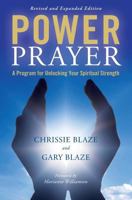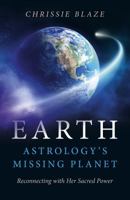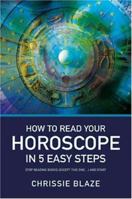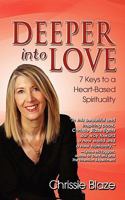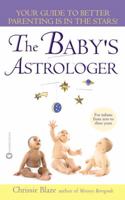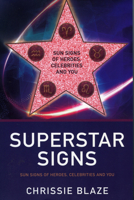The Hobbit
(Part of the The Lord of the Rings (#0) Series and The Hobbit Series)
Select Format
Select Condition 
Book Overview
Customer Reviews
Rated 2 starsMovies were great
Figured the books would be excellent but I did not get a chance to read them because the pages were doggered the corners of the cover were torn up and the pages were yellow I will buy them new.
0Report
Rated 3 starsReceived a different version than the one advertised
The condition of the book was as labeled, but I received a different version than the one on the listing. A bit disappointing as I thought I was ordering a copy that would have matched the Lord of the Rings set that I already own. (Great book though!).
1Report
Rated 4 starsGood book!
I got exactly what I asked for! I got a super random book cover though?? Besides that the book is exactly what it said it was. The pages arent crumbly or anything like that. And the book came on time!
1Report
Rated 5 starsI love this story!
I love, love, love "The Hobbit," and the other stories of Middle Earth by J.R.R. Tolkien! He has a nice writing style, easy for school-aged readers to enjoy as well as adults. This is the story of the hobbit, Bilbo Baggins (Frodo's uncle), and precedes the tales of the "Lord of the Rings" trilogy. This book introduces Gandalf, Gollum, and the ring, and informs the reader of other peoples and histories: the dwarves, the...
12Report
Rated 5 starsWonderfully written tale of adventure and finding oneself.
11Report
















